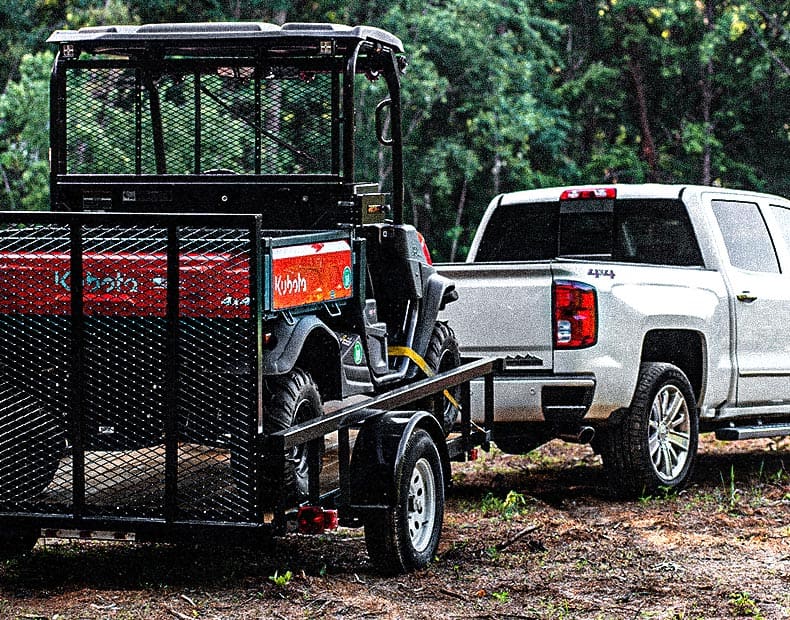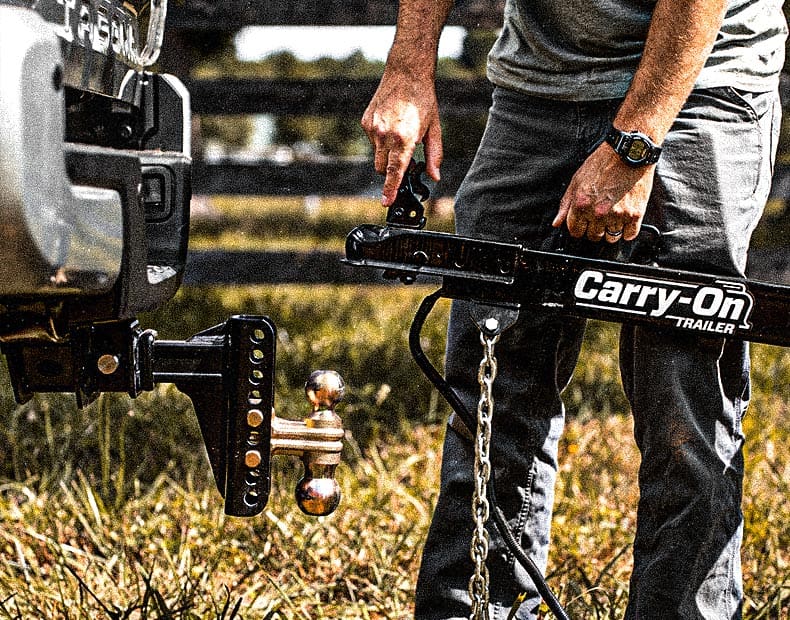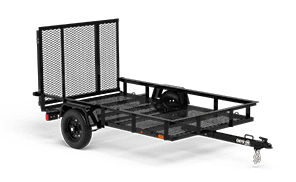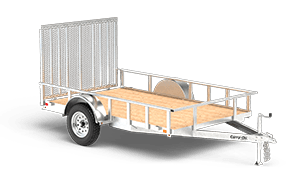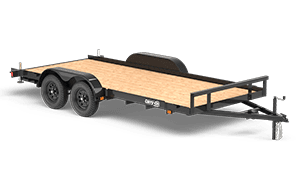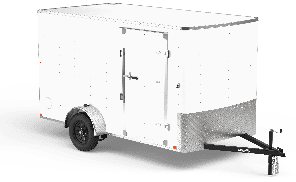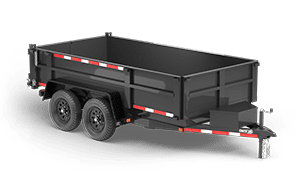Towing a trailer requires care and responsibility from the moment you start inspecting your trailer through to loading it and pulling out onto the road until you arrive at your destination. However, when you’re towing a trailer on the highway–especially when your trip covers long distances–you need to be extra cautious and follow all the rules of the road to ensure a safe trip from start to finish.
Know the Towing Laws
First, be aware of your state and local towing laws, as well as the towing laws of any other states you may be traveling through. For example, your state’s maximum towing speed may be different from that of the state you’re traveling to. In addition, some states may also have a law regarding the maximum trailer width or maximum weight you are allowed to tow, and some require you to stay in the right-hand lane at all times. Be sure to check in all locations your travels may take you through to ensure you’re following abiding by the laws in place.
Prepping and Loading Your Trailer
Another crucial step in towing a trailer safely on the highway that takes place before you hit the road is prepping and inspecting your trailer. You must ensure your trailer is ready for the long haul, and that includes checking parts like lug nuts, tires, your coupler, and more to get your trailer ready for a safe trip. This also includes loading your trailer properly as this will help keep your cargo safe and secure for the duration of your trip.
On the Road
Once you’ve carefully inspected your trailer and have loaded it correctly, it’s time to hit the road. First, we recommend maintaining a speed limit of 55 miles per hour or less. Driving too fast can contribute to issues like trailer sway and combination disturbance, which can be dangerous not only for you but also other drivers and passengers on the road. Only pass others when you can do so safely without exceeding the recommended speed limit, so long as it is legal. Never exceed the posted speed limit while towing.
Beyond your speed, there are several other points to keep in mind when towing on the highway so you can have a safe trip. Remember to:
- Plan stops for resting. Avoid towing when you are tired and at night.
- Inspect your vehicle and trailer connections at each stop.
- After 10 miles, retighten lug nuts, check tire pressure, and make sure couplers are secured. Do this again after 25 miles.
- After 50 miles, make sure the coupler and cargo are secured and that the safety chains are fastened and not dragging the ground.
- Anticipate stops and brake early.
- Don’t use cruise control.
- If a wheel goes off the pavement, ease off the gas pedal and decrease to a speed below 25 miles per hour. Gradually steer back onto the road.
Anytime you are towing a trailer you should do so with care. Remember to consult your owner’s manual for specific recommendations for your trailer. You can also refer to our Pre-Departure Checklist, Guide to Towing, and Vimeo channel for additional tips and information.


